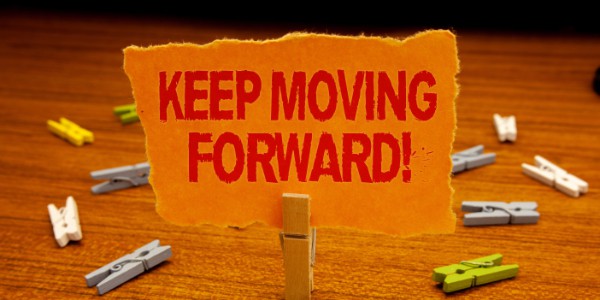There Are Always More Options (WT680)
BlogThis week’s thought is for those who may get disheartened thinking that you only have one option and if you get a “No” that it’s the end of your desire.
Not true. There are always more options.
I’m in the midst of writing my next book, “Leaders are Listeners”. I wanted to make sure that I don’t infringe copyright and that I acknowledge my mentors and coaches and other great resources.
The book includes some concepts and activities from the Leading Yourself and Leading Others experience.
You might be thinking, “Why would you include activities from your Leadership experience in your book? Shouldn’t that be reserved for participants only?”
The answer is “No”. Think about it this way. If you like a musician or a band, you buy the album or listen to Spotify etc. however most of us still want to go to the concerts and see them live.
This happened for me with Jack Canfield’s book, “The Success Principles – How to Get From Where You Are Now To Where You Want To Be”. Ross bought it for my birthday and I was so excited by all the activities he shared in his book, that the very next year, we headed to Scottsdale, Arizona to join his week-long course, “Breakthrough to Success”.
As I reviewed the content that I wanted to include, there were some concepts that were part of a program that I had been trained and accredited to teach but I didn’t want to include them all.
Without asking, I assumed that I would have to leave them out.
Here’s the thing, there are always more options. Sometimes it takes someone else to see them and show you.
In my case, I was offered two options, one of which suited me perfectly.
If you’re currently telling yourself “No” and giving up on something you want, please take another look. Talk to others who may see things from a completely different perspective.
Remember, there are always more options and if you’re committed, truly committed, the answers will appear.
P.S. Invite your friends to get the Weekly Thoughts delivered directly to their inbox. Go to https://shirleydalton.com/weekly-thoughts.













